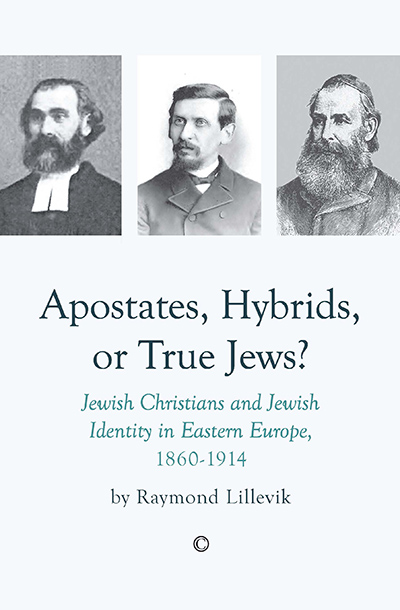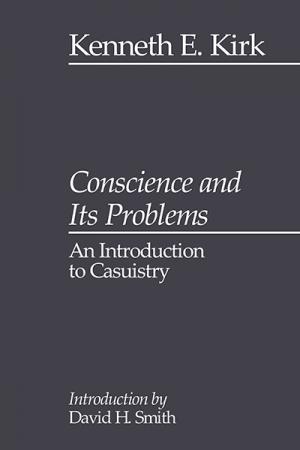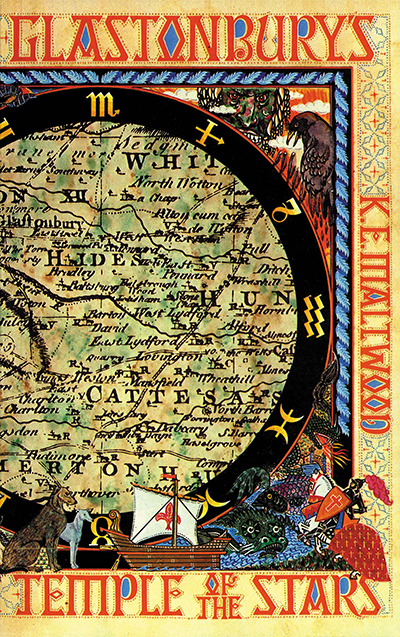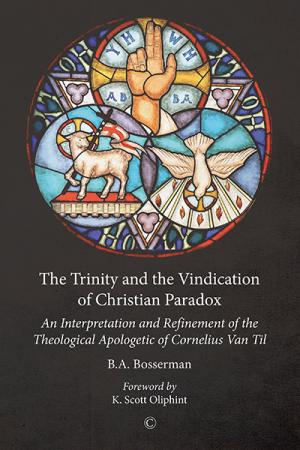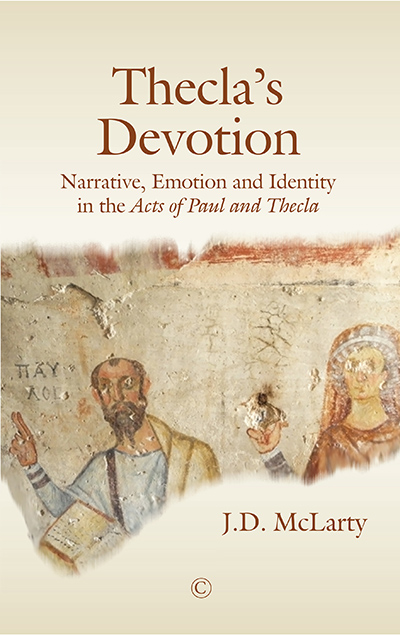Description
This book explores the relationship between Christian faith and Jewish identity from the perspective of three Jewish believers in Jesus living in eastern and central Europe before World War I: Rudolf Hermann (Chaim) Gurland, Christian Theophilus Lucky (Chaim Jedidjah Pollak), and Isaac (Ignatz) Lichtenstein. They were all rabbis or had rabbinic education, and were, in different ways, combining their faith in Jesus as Messiah with their Jewish identity. The book offers a biographical study of the three men and an analysis of their understanding of identity. This analysis considers five categories of identification: the relation of Gurland, Lucky, and Lichtenstein to Jewish tradition, to the Jewish people, to Christian tradition, to the Christian community, and to the network of Jewish believers in Jesus. Lillevik argues that Gurland, Lucky, and Lichtenstein transcended essentialist as well as constructionist ideas of Jewish and Christian identity in very different ways.
About the Author
Raymond Lillevik (PhD) is lecturer in Kristen Videregående skole in Nordland, Nesna, in Norway.
Contents
List of Illustrations
Foreword by Oskar Skarsaune
Preface
Acknowledgments
1. Introduction
Presentation
Jewish Believers in Jesus: The Road Less Taken
Previous Research
Method: A Narrative and Analytical Approach
Sources
Constructing Identities
The Problematic Term “Jewish Christian”
Jewish Identification: Sergio DellaPergola
Outline
2. Eastern European Jews between 1860 and 1914 and the
Christian Missions
Introduction
The Term “Eastern Europe”
The Jews
Christian Mission Work to the Jews
3. The Biographies of Gurland, Lucky, and Lichtenstein
Rudolf Hermann (Chaim) Gurland (1831-1905)
Christian Theophilus Lucky/Chaim Jedidjah Pollak (1854-1916)
Rabbi Isaac Lichtenstein (1825-1908)
4. Analyzing the Relationship between Jewish Identity and Faith in Jesus
Introduction
The Relation to Judaism and the Jewish Tradition
The Relation to the Jewish People
The Relationship to the Christian Tradition and Doctrines
The Relation to the Christian Community
The Relationship to Jewish-Christian Groups and Individuals
5. Conclusion
Three Jewish-Christian Identities
Further Perspectives
Appendix: The False Doctrines of Talmud
Introduction
Text: “False doctrines of the Talmud”
Bibliography
Index of Subjects and Names
Endorsements and Reviews
This fascinating, groundbreaking, and much-needed study of these three pioneers highlights their contribution to nineteenth-century Hebrew Christianity and to Messianic Judaism today. Lillevik tells their stories, traces their theological development, and explores the challenges they posed and faced. Through the lens of history and comparative analysis, his careful scholarship calls for renewed attention to the role of Jewish believers in Jesus as the bridge between church and synagogue. Read, reflect, and enjoy!
Richard Harvey, Hebrew Bible and Jewish Studies, All Nations Christian College, Hertfordshire
Lillevik’s book is a timely and pioneering study of three Jewish-Christian leaders of the late nineteenth and early twentieth century. How did they negotiate the difficult challenge of combining two apparently incompatible identities, Jewish and Christian? Lillevik addresses this question with great empathy and methodical finesse. No one has presented and studied these three leaders in such breadth and depth before. His book will remain a landmark study of Jewish-Christian identities in the modern period.
Oskar Skarsaune, Norwegian School of Theology, Oslo, Norway

